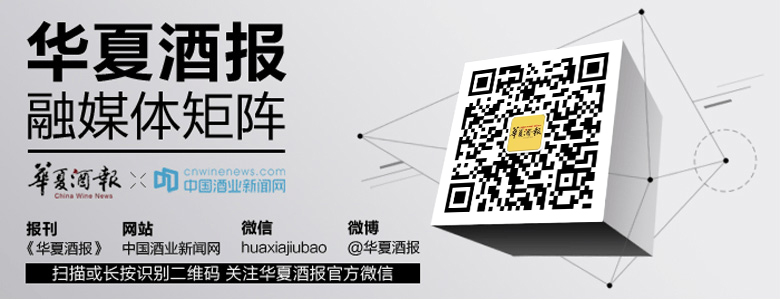Small exporters, grape growers and regional communities are going to feel the brunt of China’s decision to impose steep tariffs on Australian wine. That’s according to Tony Battaglene, chief executive of Australian Grape and Wine, the national association of grape and wine producers.
China’s commerce ministry on Friday announced preliminary anti-dumping duties ranging from 107% to 212% on Australian bottled wine imports, which went into effect the following day. That follows China’s anti-dumping probe into wine imports from Australia earlier this year.
“It’s going to have a devastating impact,” Battaglene said Monday on CNBC’s “Squawk Box Asia.” He explained that larger Australian wine exporters who have diversified portfolios would likely be able to cope with China’s decision even though they, too, would feel the pain.
“It’s grape growers, it’s regional communities and it’s small exporters that have very little ability to adjust. They’re the ones that are going to suffer,” Battaglene said.
Getting into other markets on short notice is not easy as it takes time, relationships and money to develop those markets, he added. “We just don’t have that. This is our peak time of export — 50% of our product goes into China in the last four months of the year. That’s closed. So this product has nowhere else to go.”
China market
Battaglene dismissed Beijing’s claims around dumping, stating that China is the “highest price-point market” for Australian wines, where exporters make more money in terms of dollar per liter value than anywhere else.
“We have higher margins in China, so we’re clearly not dumping there. If anything, we are gouging. So it’s clearly ridiculous and we just don’t understand why you’d even suggest such a thing,” he said.
China is the top wine export destination for Australia. It accounted for 39% of total exports for the 12 months ending September 2020, according to Wine Australia.
Bottles of wine imported from Australia are displayed for sale at a supermarket on November 27, 2020 in Hangzhou, Zhejiang Province of China.
Bottles of wine imported from Australia are displayed for sale at a supermarket on November 27, 2020 in Hangzhou, Zhejiang Province of China.
Long Wei | VCG | Getty Images
Many of the smaller wine exporters in Australia, especially those that exclusively export to China, are also funded by Chinese money, according to Battaglene. He explained that those exporters as well as importers in China are going to be just as affected by the tariffs.
Australia’s trade minister Simon Birmingham on Monday told reporters that there is a range of processes to work through the disputes with Chinese agricultural officials, Chinese customs officials or ultimately the World Trade Organization.
“But we have also acknowledged that there is a cumulative effect of what’s been with China, that series of individual actions that China has taken against Australian business throughout the course of this year is of concern,” he said, adding that Australia remains ready for a dialogue with China to try and resolve the issue.
编辑:Frida Xu

